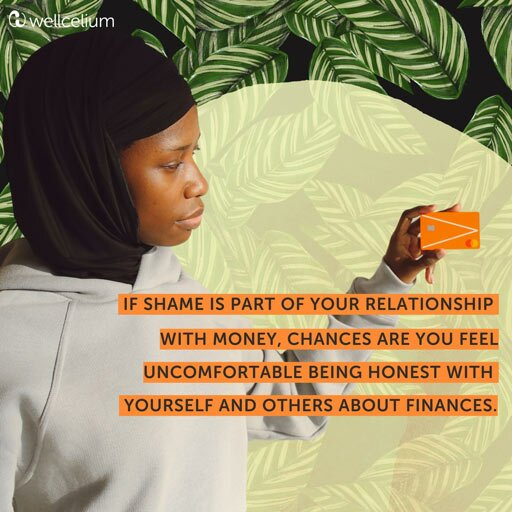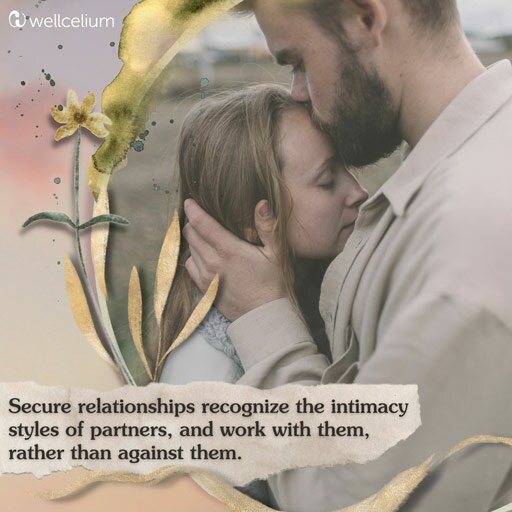By Rebecca E. Blanton
Conflict and fighting are both natural and necessary in authentic and healthy relationships. You will never fall in love with someone who has all the same understandings of the world that you do. Learning how to fight fair is a critical skill for creating relationships which bring you more aliveness and connection.
If you are like most of us, you grew up without good models for handling conflict in intimate relationships. Many of our own parents and relatives modeled bad behavior when it comes to fighting. This does not mean you are doomed to have damaging fights with your spouse.
You need to learn how to fight fair in a relationship, be it a marriage or other partnership. The good news is, there are practices and rules for fighting fair which you can learn to improve the quality of the conflict in your relationship.
Does Conflict Help or Hurt Relationships?
The answer is both. Hitting below the belt during relationship conflicts can create deep wounds and damage the relationship beyond the scope of the initial conflict. When couples fight fair, conflict can lead to deeper and stronger relationship bonds.
Skills for Navigating Relationship Moments
Learning to fight fair as a couple begins prior to experiencing conflict in your relationship. You need to figure out who you want to be while in conflict with your partner. Write it out or make a list of who you want to be when approaching conflict with your partner.
Acknowledge who you have been and what you have done during past conflicts. Since no one is perfect, you probably exhibited some behaviors which were less than your best self. If you have been childish, selfish, or hurtful, you need to acknowledge this for yourself. Recognizing your behavior and its consequences can help you shape who you want to be when you and a partner enter a conflict.
You also need to learn the difference for yourself when you are working on a conflict productively versus unproductively. When you are not grounded in your authentic self and are triggered and upset, your engagement in conflict becomes unproductive. The same is true for your partner.
Part of learning to fight fair in a relationship means you and your partner both need to learn to recognize when your conversations are productive versus unproductive. It is okay to ask to take a break from the conflict and recenter yourself. Provide your partner with a time when you will be back to check in: “I will be back in X number of minutes. I need to take a break to center myself.” Letting your partner know that you need a break and are committed to coming back to address the issue will let them know you remain committed to working through the conflict.
Finding Your Somatic Ground While You Fight
When you fight with a partner, you may become disconnected from your body and your normally grounded self. This is normal for people who enter the fight or flight reaction while in conflict with a partner.
However, fighting fair in a marriage or with a partner requires that you learn to connect with your body during these stressful moments. To be able to do this, you need to practice connecting with your body when you are not in conflict.
When you feel at peace, take time to connect with your body. Practice mindful breathing and focus on how your body responds to the slow inhalations and exhalations. Make a note about how different body parts feel. The next time you enter a conflict with your partner, take a minute to connect with your body and recenter yourself.

Creating Agreements on How to Approach Conflict
There are rules to fighting fair as a couple. Setting up an agreement on how you both will address conflicts prior to fighting will help you have a more productive and satisfying relationship.
Conflict agreements in a relationship can cover a broad set of topics. First and foremost, the agreements need to be consensual. Both partners need to understand what the agreements mean and enter them willingly. Coercing, shaming, or badgering a partner into accepting conflict agreements means the agreements are not consensual.
Return to the list of who you want to be during a conflict with a spouse or partner. What does that version of you need during a conflict? Make a list of what you need to make fighting fair and productive for you.
Agreement issues you may want to consider:
→ Timing:
Is it acceptable to spring a topic on a partner or do you need to set aside a specific time to address an issue?
Do you want to set time limits on discussions?
→ Behaviors:
Is it acceptable to swear or scream when discussing difficult issues?
Can things get physical? How do you define physical activities that are acceptable (e.g., arm wrestling, boxing) versus not acceptable (e.g., hitting to cause harm)?
Is it okay to talk smack about your partner or their family during a fight?
→ Resolutions:
Do you need the issue to be fully resolved or is it okay to have outstanding issues at the end of a conflict?
Is it okay if a partner concedes on everything and just gives in?
(e.g., I’m fine. You are right on everything.”)
Bottom Line
You deserve to have conflict in relationships that ultimately brings you more connection and aliveness. Taking the time to learn and practice ways to fight fair will lead to a happier and more alive relationship.
Recommended Resources and Practices
Greater Good in Action
Based on research out of UC Berkeley, GGIA provides practices for creating a more mindful life. Additionally, they provide downloadable meditations for mindfulness, self-compassion, and more!
Emily Nagoski’s Come As You Are
Dr. Nagoski brings the science behind successful relationships to readers in Come as You Are. This book provides readers accessible and useful information for bettering their own relationships.

Rebecca Blanton, Guest Blogger
Rebecca Blanton (aka Auntie Vice) is a writer and performer. Her work focuses on kink, adult sexuality, and gender. She performs as a storyteller and stand-up comic. She holds a Ph.D. in Political Psychology.
Blog: LoveLettersToAUnicorn.com
Website: AuntieVice.com
Twitter, Instagram, Reddit, and TikTok @AuntieVice

free webinar!
Sparring NOT Scarring: Tools for Fighting Fair
—
Watch the replay of this webinar on-demand on our YouTube channel.


